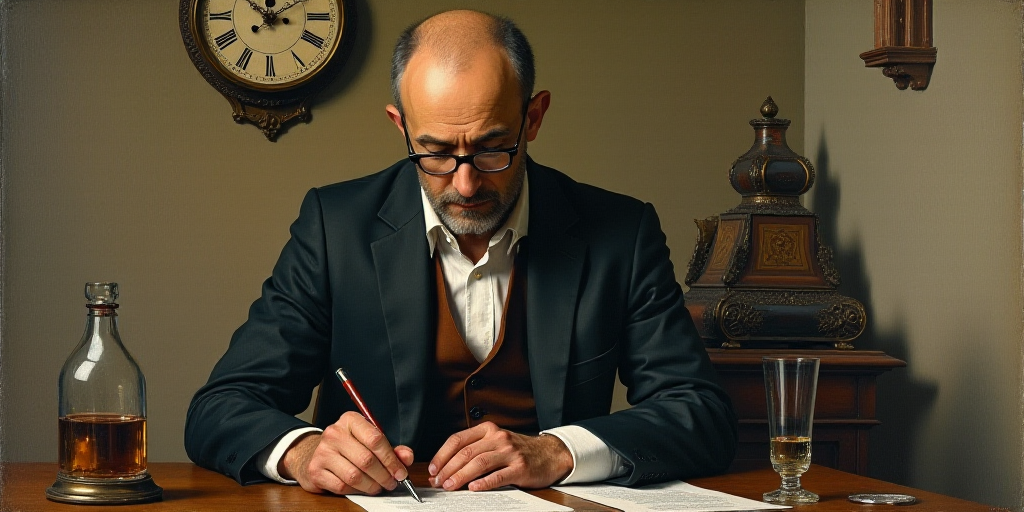Background on Álvaro Uribe and His Political Significance
Álvaro Uribe, a prominent figure in Colombian politics, served as the President of Colombia from 2002 to 2010. Known for his hardline stance against left-wing guerrillas, Uribe played a crucial role in dismantling the Revolutionary Armed Forces of Colombia (FARC) and improving security perceptions across the country. However, his administration was also marred by allegations of human rights abuses, including over 6,000 “false positives” – cases where civilians were killed and dressed as guerrillas to boost combat results and receive rewards.
The Controversy Surrounding Álvaro Uribe
In 2012, Uribe accused Senator Iván Cepeda of left-wing politics of orchestrating a plot to link him with paramilitary groups. Cepeda had mentioned Uribe in Congress based on testimonies from imprisoned former paramilitaries who accused Uribe of founding an anti-guerrilla squad on his family’s estate. In 2018, the Supreme Court began investigating Uribe for allegedly manipulating witnesses to discredit Cepeda.
Court’s Decision and Uribe’s Appeal
On Tuesday, a Bogotá court ordered the immediate release of Uribe while his appeal against a 12-year domiciliary sentence for bribery and procedural fraud is being resolved. The former president, who has been detained at his home in Rionegro since August 1, claims the trial was politically motivated and influenced by left-wing pressures, currently embodied by President Gustavo Petro.
Timeline and Next Steps
- 2012: Uribe accuses Senator Iván Cepeda of linking him to paramilitaries.
- 2018: The Supreme Court investigates Uribe for allegedly manipulating witnesses against Cepeda.
- August 1, 2023: Uribe is detained at his home following a conviction for bribery and procedural fraud.
- Present: The Tribunal Superior de Bogotá orders Uribe’s immediate release pending his appeal, with a deadline of October 16 for the second-instance court to either uphold or overturn the conviction.
“Pressure on the Judiciary”
Cepeda stated that he respects the court’s decision but does not agree with it. He believes Uribe has been exerting pressure on the judiciary through various actions and campaigns against him. The judge’s order, according to Cepeda, was a measure to protect them from such pressures.
Impact of Uribe’s Presidency
During Uribe’s presidency, Colombia experienced intense conflict between left-wing guerrillas, right-wing paramilitary groups, and state forces. His hardline policies helped weaken the FARC, but his administration was also criticized for thousands of extrajudicial killings committed by military forces during the fight against rebels. These incidents, known as “false positives,” tarnished Uribe’s legacy and raised concerns about human rights during his tenure.
Key Questions and Answers
- Who is Álvaro Uribe? Uribe served as the President of Colombia from 2002 to 2010, known for his hardline approach against left-wing guerrillas.
- What is the controversy surrounding Uribe? The controversy stems from allegations of Uribe’s involvement with paramilitary groups and manipulating witnesses to discredit political opponents, such as Senator Iván Cepeda.
- What is the current situation regarding Uribe’s conviction? A Bogotá court has ordered Uribe’s immediate release while he appeals a 12-year domiciliary sentence for bribery and procedural fraud, with a deadline of October 16 for the second-instance court to rule on the appeal.
- What were some of the human rights concerns during Uribe’s presidency? Uribe’s administration was criticized for thousands of extrajudicial killings, known as “false positives,” where civilians were murdered and dressed as guerrillas to boost combat results and receive rewards.






